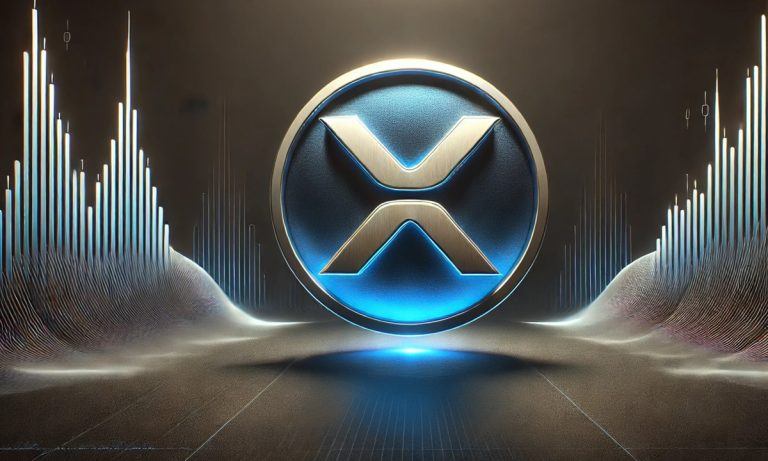Crypto tax software is a great tool for those who want do their own crypto taxes. That is, until you encounter annoying issues! Here are 5 of the most common issues with cryptocurrency tax software.
1) Missing Data Sources and Missing Years
This is the most common error we see. If you haven’t linked all of your wallets and exchanges, your numbers will likely not be correct. Transferring crypto between your own wallets and exchanges is not taxable, but the software needs to see every movement of your tokens in order to correctly classify self-transfers. Even if you have added all your data sources, you may run into issues where the software incorrectly labels taxable vs. non-taxable transactions. In this case, the transactions will need to be manually reviewed.
2) Unsupported Chains
It’s difficult for every tax software to support every new chain that pops up. Often, you can solve this problem by manually uploading transactions with a CSV file. Correct data formatting can be challenging, although the software should provide you a guide or template.
3) Spam Airdrops/ Sh*tcoins
Anyone can airdrop a token into your wallet. Legitimate airdrops are taxed as ordinary income based on the value at time of receipt, but not all of them are legitimate. Many airdrops are simply spam or even worse, a phishing attempt (“honeypot airdrops”). However, crypto tax software can’t always tell which airdrops should be ignored. In this case, you may see impossibly high income on your report. You should be able to manually ignore transactions, but that can be a headache if you have thousands of honeypot airdrops to ignore.
4) Legal Gray Areas
Although the IRS has issued a small amount of guidance on cryptocurrency taxation, there are still many unanswered questions. For many types of transactions (such as wrapping tokens), there are multiple tax positions you could take depending on whether you want to be more careful or more aggressive. You may even have a very specific problem, such as crypto lost on a bankrupt exchange. Sometimes, the crypto tax software will let you choose which position to take. But in other cases, it’s just too murky and you need an individual legal analysis of your transactions.
5) NFTs and DeFi
Transactions involving NFTs and DeFi can be incredibly complex and difficult for software to classify. For example, one DeFi transaction could show up in the software as 100+ transactions. Certain softwares are better than others when it comes to handling NFTs and DeFi, but correctly classifying all of these transactions automatically is an industry-wide problem. Fixing these errors often requires manual review or even legal analysis.
Disclaimer: The information provided pertains to the United States. Information contained in this post and in the comments is intended for general informational and educational purposes and does not constitute legal advice. Reading this post, reading the comments, receiving a reply to your comment, or sending a direct message to this account does not create an attorney-client relationship. Contact an attorney for legal advice regarding your specific situation.
[link] [comments]

You can get bonuses upto $100 FREE BONUS when you:
💰 Install these recommended apps:
💲 SocialGood - 100% Crypto Back on Everyday Shopping
💲 xPortal - The DeFi For The Next Billion
💲 CryptoTab Browser - Lightweight, fast, and ready to mine!
💰 Register on these recommended exchanges:
🟡 Binance🟡 Bitfinex🟡 Bitmart🟡 Bittrex🟡 Bitget
🟡 CoinEx🟡 Crypto.com🟡 Gate.io🟡 Huobi🟡 Kucoin.




















Comments